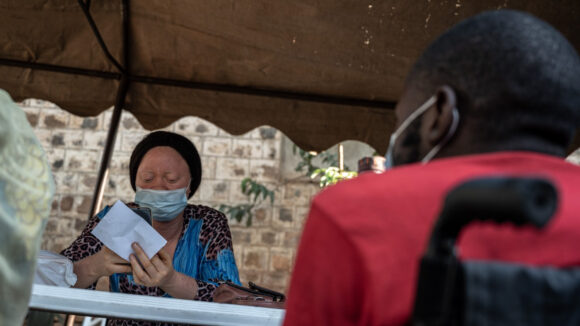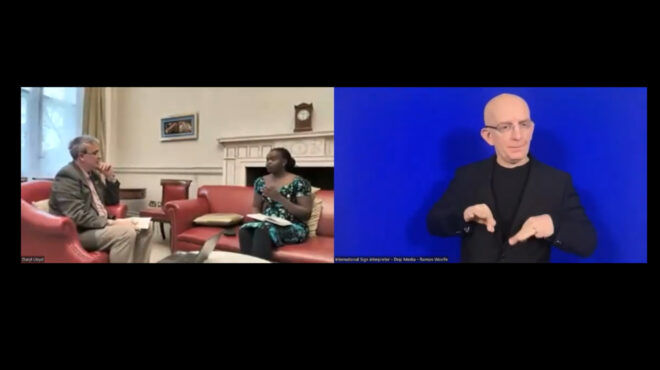A guide to building successful partnerships between INGOs and disability organisations
Inclusive Futures is committed to ensuring people with disabilities are meaningfully engaged in its programmes. But what does this really mean, and what does it look like in practice?
In September 2022, Inclusive Futures ran three peer-to-peer round tables with project officers from international non-governmental organisations (INGOs) and officers from organisations of people with disabilities (OPDs) from the Inclusive Futures consortium. Participants discussed their direct experience about what has worked well (and what hasn’t) to build meaningful partnerships together for a disability-inclusive development or humanitarian project.
Participants also discussed the values and approaches needed on both sides to make a partnership between an INGO and OPD successful. Read the summary here. You can also download an Easy Read version here.
Below are nine areas of agreement from the round tables.
1. Start with shared vision and values
A strong partnership needs a strong foundation. Find out what all partners agree on and the values they share. Then come to an agreement about the goal they are all working towards in wider society. For example, a shared value could be the importance of gender mainstreaming in a project, and a shared goal to combat disability stigma and discrimination.
2. Respect OPDs as expert organisations
A partnership works where all partners are valued for their unique, important strengths and contributions. OPDs have a variety of skills, for example knowledge and training on human rights including the Convention on the Rights of Persons with Disabilities (CRPD, 2006) and national disability acts. OPDs also draw on lived experience to add to their expertise. They often have an important understanding of community relationships, and issues and priorities for individuals with disability, and the disability community. OPD engagement with community, family members and care givers of people with disabilities, can also be a way to offer information and education, and challenge negative stereotyping and discrimination.
“Partnerships between INGOs and OPDs need to involve shared decision-making, recognising OPDs as co-creators of the project”
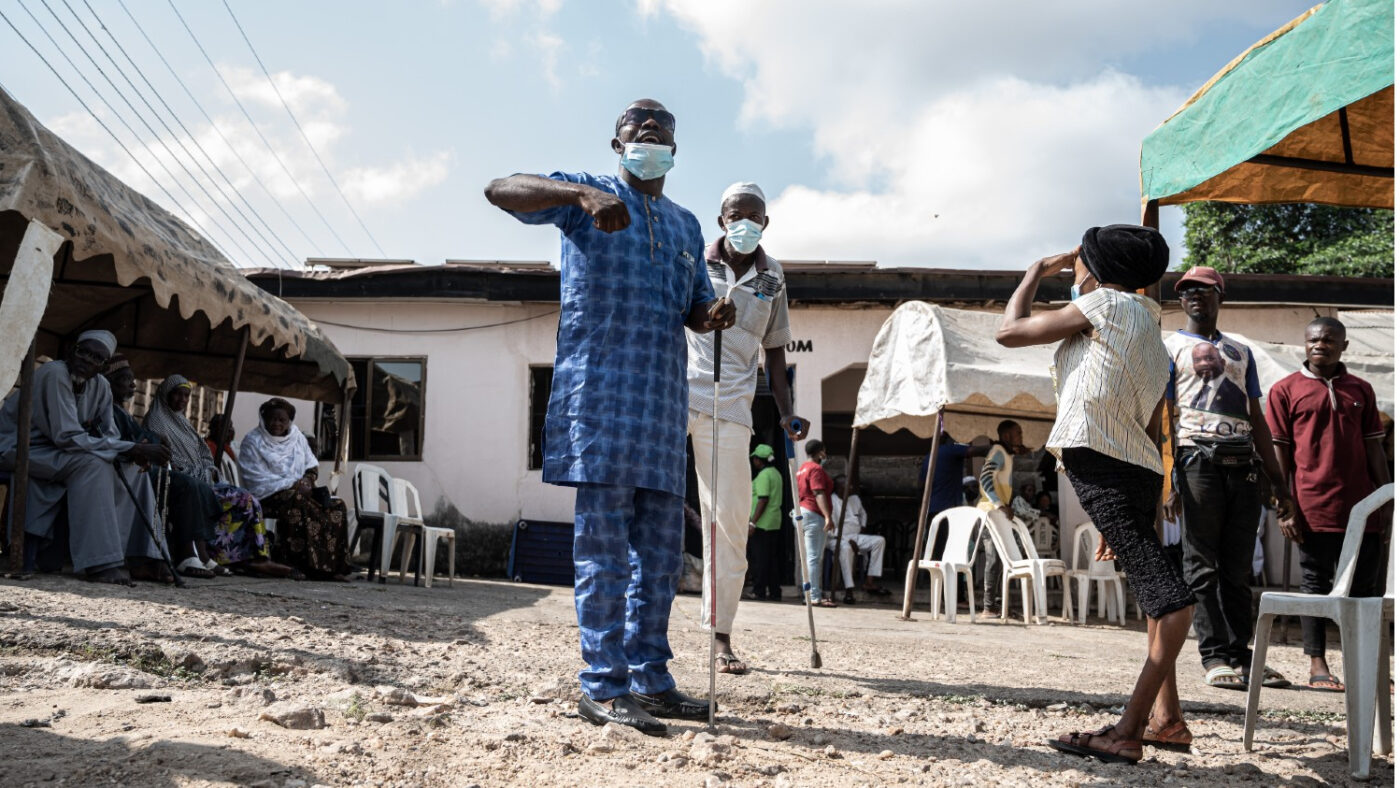
3. Share power, leadership, ownership and responsibility
Projects are stronger when the commitment to engage between the INGO and the OPD carries through each stage: from design to delivery. OPDs too frequently are consulted on projects but are then treated as implementing partners only and silent attendees at project events. Partnerships between INGOs and OPDs need to involve co-design and shared decision-making, recognising OPDs as co-creators of the project. In Inclusive Futures, OPDs rose to the challenge of leading parts of the project alongside INGOs.
4. Agree roles and responsibilities
An INGO and OPD partnership needs clear communication, to set and maintain expectations and roles for each partner. In Inclusive Futures, partners developed memorandums of understanding (MOU) to set out when and how partners communicate or meet, expectations about which partner delivers what and when, and boundaries for the partnership.
5. Dedicate resources and budget to OPD engagement
A partnership is an investment, in both time and money. For a partnership to ensure each person with a disability can participate in a way that is equal to others, reasonable accommodation is essential. This starts with a discussion with a partner about what their needs are, ahead of time. It can involve reviewing the accessibility of a venue before a meeting and budgeting for items such as personal assistants, translators, interpreters and alternative communication materials. For organisational resilience and sustainability, OPDs need to be funded the same way as INGOs, recovering costs for their work and overheads.
6. Seek diverse inclusion
Partnerships between INGOs and OPDs for disability inclusion means partnering across the diversity of disability and involves understanding the diversity of the OPD movement. OPDs range in size, representation and focus: from small, grass roots and impairment-specific to umbrella and regional membership bodies. For a diverse and representative partnership, aim to bring together national and local OPDs, and engage with different OPD partners who represent people with diverse disability.
7. Identify strengths and capacity challenges
A partnership works when expectations align with capacity. INGOs are not disability-inclusion experts, and INGOs often rely on OPDs to ensure their projects are disability inclusive. Any partnership needs to include due diligence about what a partner can and cannot be responsible for, and a plan for how a partner can strengthen their skills if there are important gaps. In OPD and INGO partnerships, INGOs can use tools to help identify where there are strengths and capacity challenges. Some capacity gaps in OPDs might be technical, such as reporting skills, or organisational, such as having necessary policy and registration, and some are known as soft skills, such as advocacy. Some capacity gaps in INGOs might be around disability inclusion in both knowledge and practice.
8. Link your project to policy
A partnership is an opportunity to strengthen or raise the profile of both partners. A new partnership can build on existing work of the partners, to reinforce, strengthen or spotlight wider goals for disability inclusion, such as policy change or policy implementation.
9. Prepare for transformation and learning
A partnership between an INGO and an OPD is not about ‘what you can do for us’. Be prepared to learn from each other, work through challenges and opportunities, and shift fundamental ideas and approaches. Make the partnerships meaningful through the intention to learn, change and grow together.
Getting the work done: meeting the challenge of disability inclusive development
International Disability Alliance executive director Vladimir Cuk and Sightsavers’ deputy CEO Dom Haslam discuss how Inclusive Futures is partnering with people with disabilities.
Listen to the interviewWatch our webinar with FCDO
Hear from speakers from FCDO, Inclusive Futures and disability organisations about their experiences of collaborating on disability-inclusive development projects. Listen to women leaders from the disability movement about what donors and NGOs can do to meaningfully engage OPDs.
More news and opinions
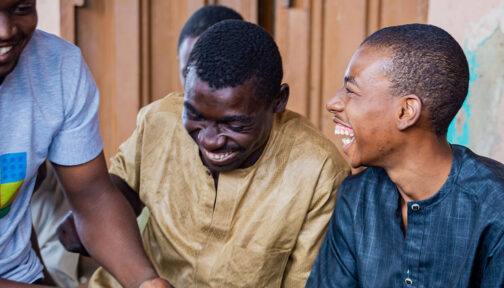
Global Disability Summit 2025: Closing the gap between disability inclusion and development
Inclusive Futures is attending the summit in Berlin on 2-3 April. Visit our booth or attend our panel event to connect with us and learn more about our programme insights.
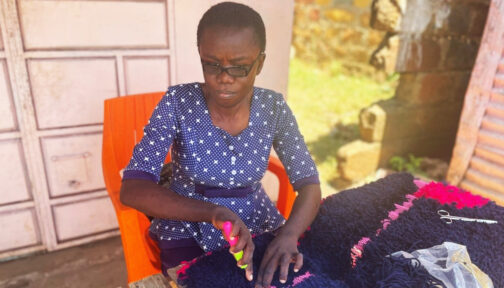
Sense International wins prestigious Zero Project award for its work with entrepreneurs with disabilities
Sense International has won a 2025 Zero Project Award for empowering individuals with deafblindness and complex disabilities in Kenya to build successful businesses and achieve financial independence.
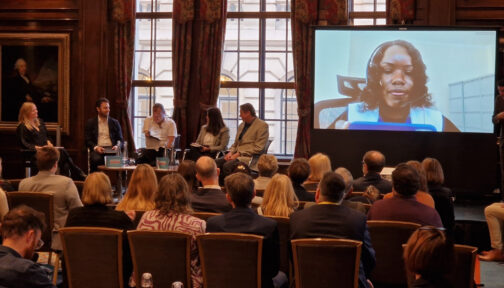
Driving change: launching the six principles for inclusive development
Inclusive Futures and the UK Foreign, Commonwealth & Development Office marked International Day of People with Disabilities by jointly hosting an event to launch the six principles for inclusive development.
Sign up to Inclusive Futures emails today
Sign up to Inclusive Futures emails today
Want to hear more from Inclusive Futures? Sign up to receive the latest research from our programmes and resources to help make your work inclusive of people with disabilities.
For more information see our privacy policy
